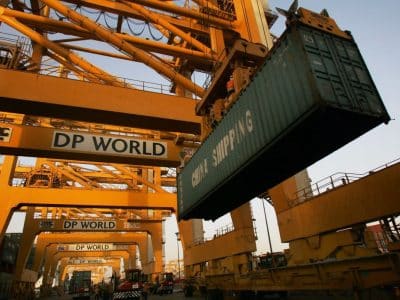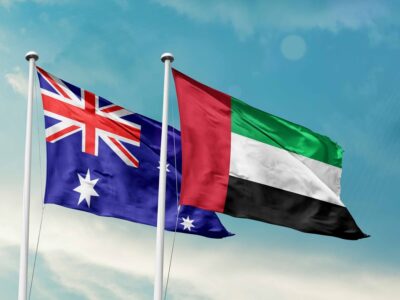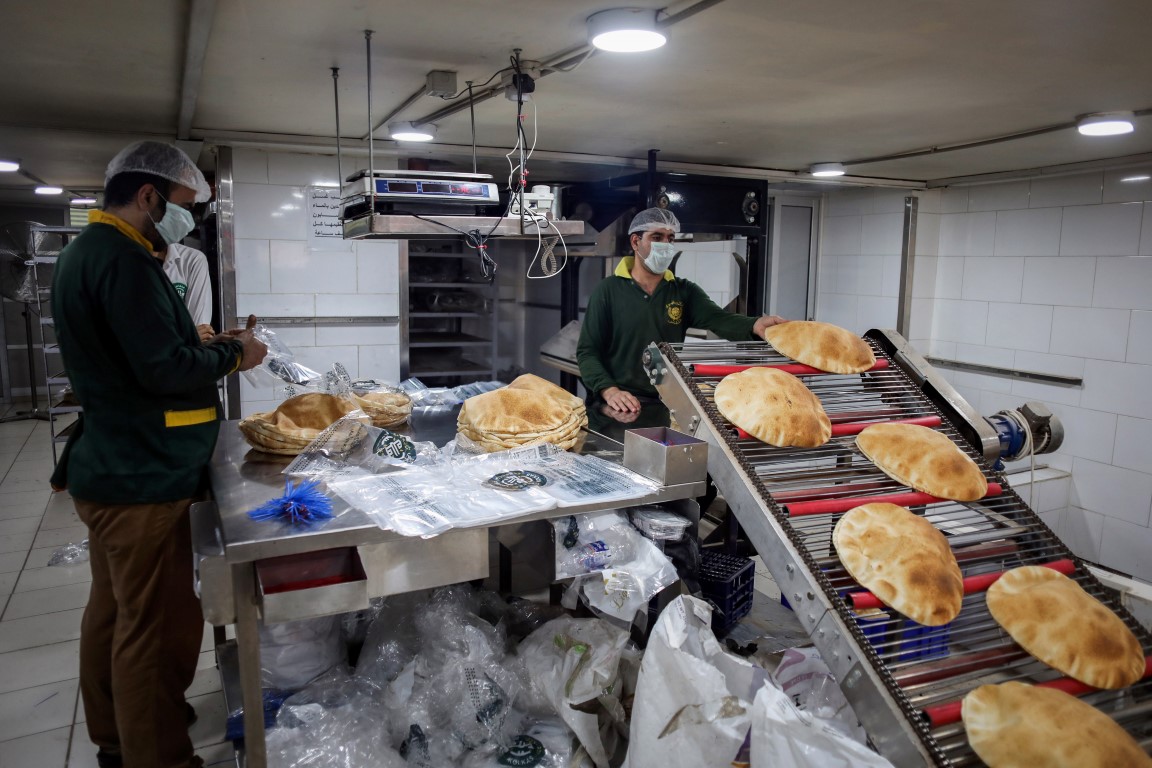Protesters in Lebanon are taking to the streets again, coinciding with the start of government meetings to regulate subsidies for basic goods amid warnings from the international community about the catastrophic social impact.
Caretaker Prime Minister, Hassan Diab, chaired an inter-ministerial meeting on Monday devoted to following up on the subsidies in the presence of Lebanon’s central bank governor Riad Salameh.
An official source, who participated in the meeting, told Arabian Business that a proposal to limit the subsidy to less than 50 types of medicines was discussed, provided that the subsidy on medicines be reduced from LBP1,515 to the dollar to LBP3,900 pounds to the dollar.
Other medicines will be left to the black-market price while a proposal to reduce subsidies on gasoline to 60 percent was also discussed, which would lead to an increase in the price from LBP24,000 currently to about LBP40,000, while keeping the diesel subsidy, the source said, adding that discussions were also held to reduce the amount of subsidised flour.
The Minister of Economy, Raoul Nehme, has issued a decision on mills, stipulating “to subsidise Lebanese bread flour only”.
As news spread about lifting subsidies on flour, hundreds of demonstrators took to the streets of Beirut, demanding the overthrow of the current political class.
 Lebanese Minister of Economy Raoul Nehme
Lebanese Minister of Economy Raoul Nehme
Protestors gathered in front of the Economy Minister’s house in Achrafieh, chanting slogans against him and against all the political elite. Protestors also stormed a restaurant in Beirut where the central bank governor’s wife was dining.
The governor of the central bank reiterated during the meeting that he would not dip into banks’ mandatory reserves to preserve the subsidies, saying $800 million is currently held in non-mandatory reserves, enough to cover imports of basic goods for just two months.
The subsidy program makes basic goods more affordable, but also mean that central bank foreign currency reserves are declining at an alarming pace.
Since exchange subsidies were introduced at the end of September 2019, reserves have fallen by some $13.5 billion to around $18.3 billion, according to central bank data.
In Lebanon, banks have to keep a minimum reserve of 15 percent of their total dollar deposits, currently valued around $17.5 billion, at the central bank.
 Banks have to keep a minimum reserve of 15 percent of their total dollar deposits
Banks have to keep a minimum reserve of 15 percent of their total dollar deposits
“The impact of removing price subsidies on the country’s most vulnerable households will be tremendous and yet there is almost nothing in place to help soften the fall,” said UNICEF representative in Lebanon, Yukie Mokuo, and the International Labour Organization (ILO) regional director, Ruba Jaradat, in a joint statement.
“It is critical to realise that for Lebanon to fly off another cliff now, without first putting in place an inclusive system of social guarantees, would be to inflict a social catastrophe on the country’s most vulnerable people, sacrificing their wellbeing, and that of the country as a whole, for many years to come,” they warned.
British Minister for the Middle East, James Cleverly, also warned on his official visit to Lebanon last week of a “silent tsunami” facing Lebanon putting its people at risk of not being able to feed themselves.
He said: “In Lebanon there are now many worrying signs. A food security crisis often does not reveal itself until the worst of the damage is done. This is why this type of crisis is a silent tsunami.
Lebanon is vulnerable because it imports an extraordinary amount of food, 85 percent of its domestic wheat consumption. The risk has been largely silent but is now accelerating and growing with every passing day.
Emergencies are approaching in education and healthcare, as well as electricity. But the most pressing danger is the risk to food security: Lebanon is on the verge of not being able to feed itself.”







